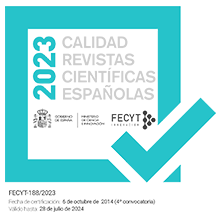El català a les institucions europees
Resum
The language diversity that exists within the European communities is restricted to the official language of each member State. This article examines the possibilities of using Catalan in all institutions connected with the E.E.c. After pursuing research on the legal resolutions regarding language policies, as part of the regulations of the Cabinet of Ministers and of the European Parliament, the author concludes that those Treaties do not establish any criterium to determine the officiality of a given language, and therefore there are no juridical obstacles against the achievement of an official status by the Catalan language. Nevertheless, the definition of official languages and of languages used on a work basis in Community institutions depends on the decision of each member State, and the Spanish Government is opposed to representing the autonomous regions when in the Community. The author defines the identity and European relation of the Catalan language, a language that is spoken by a majority of the population as their mother tongue, and that is official within its geographical boundaries; a language that has been normalized on all public and private levels, and with a number of speakers comparable to that of some official languages in the European Community. Such state of affairs should facilitate the adoption of certain measures to bring the status of the Catalan language closer to that of official Community languages. Finally, the author sums up the process that, since 1986, the different proposals have followed, proposals that were passed by the Parliaments of Catalonia and the Balearic Islands, with a view to make Catalan an official European language. In any case, the declaration of Catalan as such in the Commission, the Court of Justice and the European Parliament needs to be accepted unanimously by the Cabinet of Ministers of the European communities.



